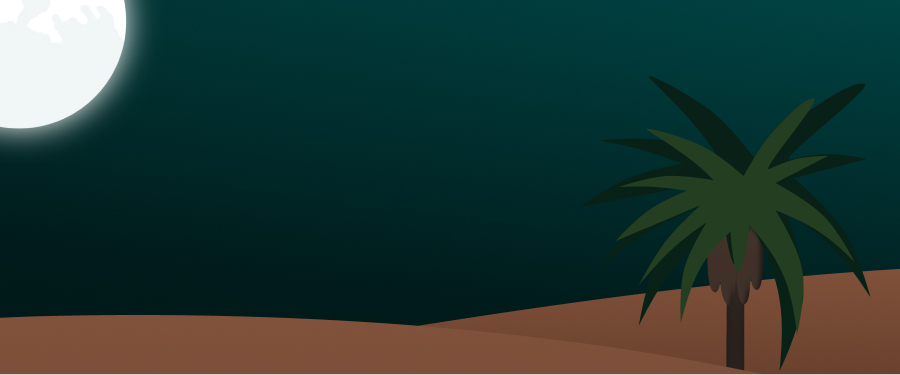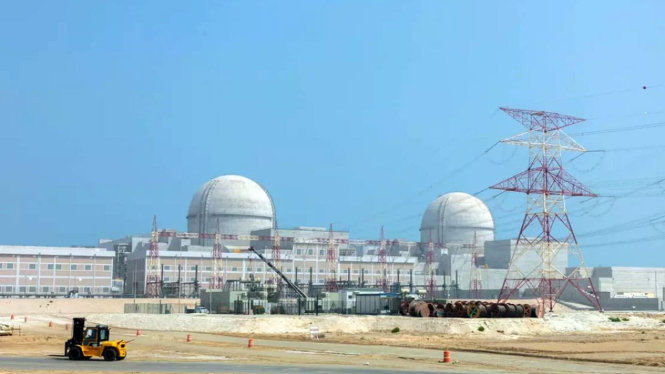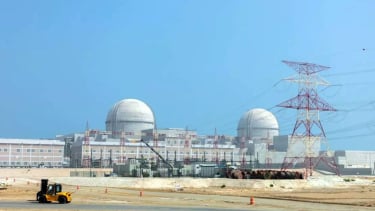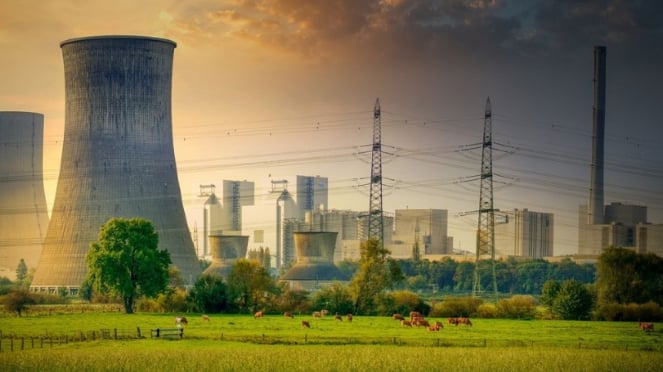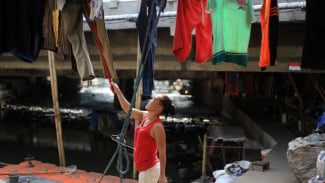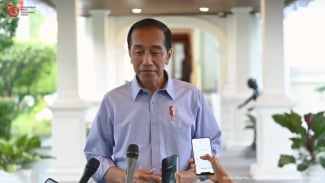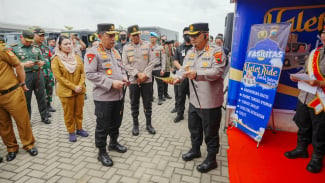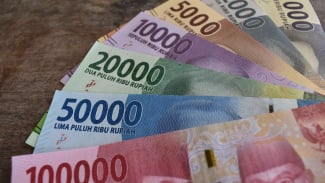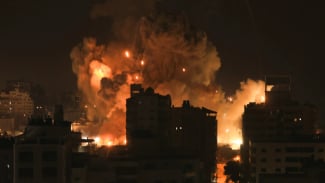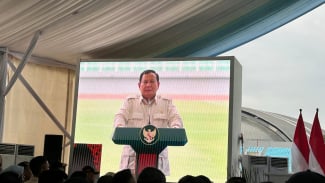UAE Sets History as First Arab State with Completed Nuclear Power Facility
- VIVA.co.id/Natania Longdong
Abu Dhabi, VIVA – The United Arab Emirates (UAE) has successfully completed the Arab world’s first nuclear power plant, with the Barakah Nuclear Energy Plant now fully operational.
The plant’s fourth and final reactor began commercial operations on Thursday, representing a key milestone for the country’s energy ambitions.
The Barakah plant, which means “blessing” in Arabic, is situated in Abu Dhabi and will produce 40 terawatt-hours (TWh) of electricity each year. This output will meet 25 per cent of the UAE’s electricity demand, according to the state-owned Emirates Nuclear Energy Corporation (ENEC).
The plant will also supply power to key industries such as the Abu Dhabi National Oil Company, Emirates Steel, and Emirates Global Aluminium.
Ilustrasi pembangkit listrik tenaga nuklir (PLTN).
- Pixabay.
President Sheikh Mohamed bin Zayed Al-Nahyan praised the plant’s completion as a “significant step” towards the UAE’s net-zero goals.
“We will continue to prioritize energy security and sustainability for the benefit of our nation and our people today and tomorrow,” he said in a post on X, as quoted from Middle-east Monitor site.
The nuclear plant is part of the Gulf state’s broader strategy to reduce its reliance on fossil fuels and boost renewable energy by 2050.
The UAE’s nuclear programme, launched in 2009, represents a $20 billion or around IDR 309,1 trillion investment.
With all four reactors now operational, the country joins a small group of nations with functioning nuclear plants.
However, the UAE has reiterated that its nuclear ambitions are solely for peaceful purposes, distinguishing itself from nearby Iran’s nuclear programme, which is treated with suspicion by Israel, neighbouring Gulf states and their Western allies.
Fellow GCC state, Saudi Arabia is also pursuing plans to develop a nuclear industry as part of its broader energy transition strategy. The Kingdom aims to add 17 gigawatts of nuclear energy capacity by 2032.
However, progress has been relatively slow, with the country still in the early stages of its nuclear development efforts.

